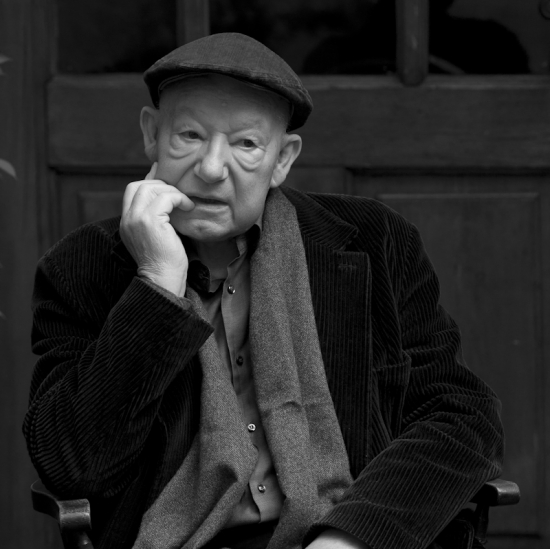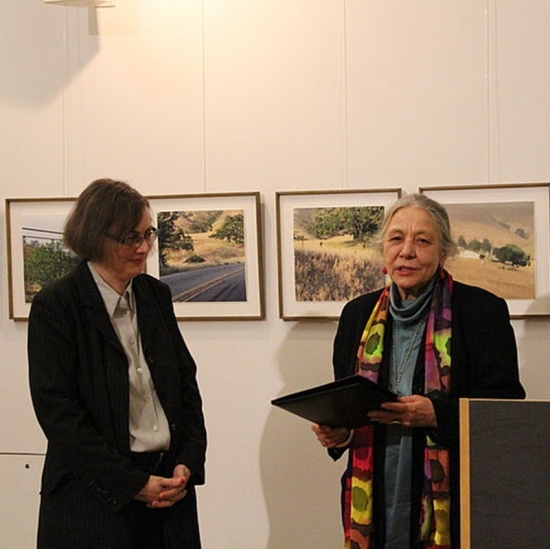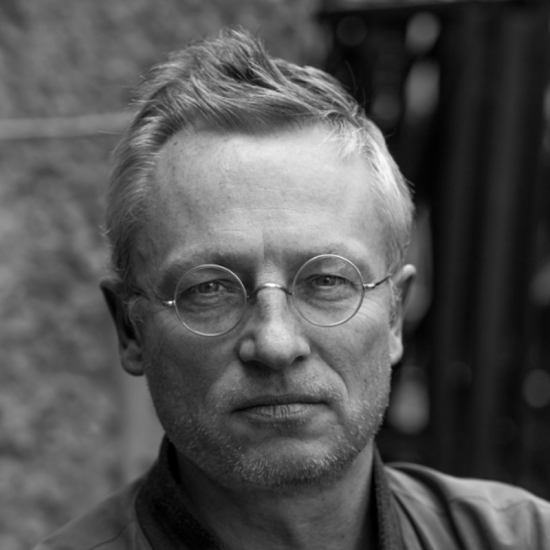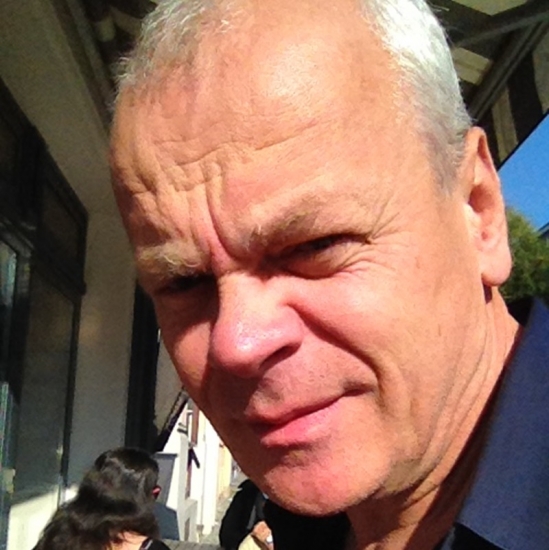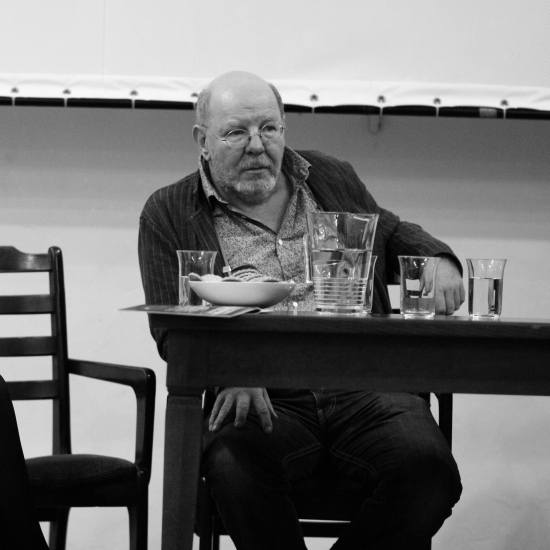‘Something is Rotten in the Era of Faith’
- Participants ― Jürgen Holtz, Ginka Tscholakowa, Thomas Martin, Erdmut Wizisla, chaired by Frank Raddatz
Heiner Müller, similarly as Berthold Brecht, is the most renowned and regarded 20th century German writer. He possessed a rare gift of depicting relationship between violence and history. Using a difficult yet beautiful poetic language, abundant in images and metaphors, in his works he described the failure of dreams about the social and civilization utopias. Müller was also one of the founding fathers and many-year member of the Theatre Olympics international committee. Frank Raddatz – a critic and researcher into the works of Heiner Müller as well as the originator of the meeting dedicated to his memory, together with the long-standing collaborators and friends of the author, portrait this ‘Sphinx among writers’ with their stories and present original poetic voice of the author, which expressed a hope of a harmonious world immersed in the cold flow of reality. The programme of the evening will also comprise a presentation delivered by Jürgen Holtz. The mutiple award-winning grand doyen of the German theatre Jürgen Holtz, who worked several times with the director Heiner Müller, will read the passage entitled The man in the elevator from Müller’s play The Mission – Memory of a revolution.
Heiner Müller (b. 1929 – d.1995) was forcefully conscripted into the army in 1945, fought on the frontline and was held in an American POW camp. In 1951 he published his first poems and articles. Three years later he subscribed to the German Writers’ Association (Deutscher Schriftsteller-Verband, DSV). As a freethinking Marxist, he did not have the support of the communist government of the German Democratic Republic. He was accused of ‘historical pessimism’ and expelled from the DSV. However, his works had already started to gain popularity in the Federal Republic of Germany and in the world. In 1970 Müller initiated a collaboration as dramaturg with the Berliner Ensemble and Volksbühne. In the 1980s he was enrolled in the Academy of the Arts (Akademie der Künste) in the German Democratic Republic. After the fall of the Berlin Wall in 1990 he was elected its president, and five years later he became the artistic director of the Berliner Ensemble. He continued to write poems and texts for the theatre, as well as to direct until his death in 1995. Among his legacy are the following text for the theatre: Die Korrektur (The Correction, 1958), Philoctetes (1965), Herakles 5 (1966), Mauser (1970), Cement (1972), Hamletmachine (1977), Quartet (1980), Despoiled Shore: Medea Material Landscape with Argonauts (1983) and Description of a Picture (1984).
photo German Federal Archive, commons.wikimedia.org
